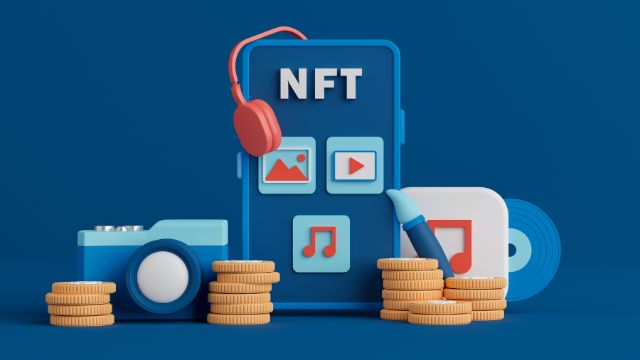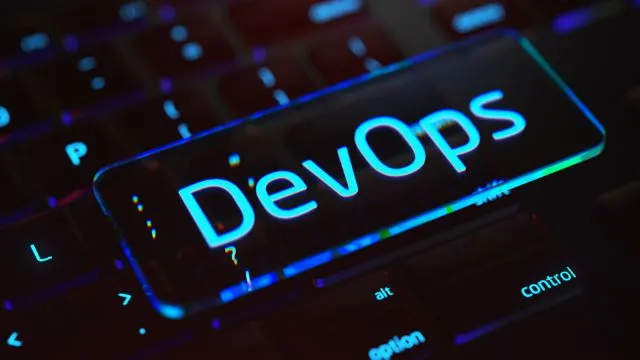As the world of music continues to evolve, new technologies are being developed to enhance the experience for both fans and artists. One of the most innovative technologies in recent years is the non-fungible token (NFT). An NFT is a unique digital asset that represents ownership of a specific item or piece of content. In the music industry, NFTs are being used to revolutionize the way royalties, licensing, and fan engagement are managed. If you’re interested in Bitcoin, delve into the fascinating world of blockchain technology by understanding CARTESI.
NFTs and Royalties: A Fairer System for Artists
The traditional music industry has long been criticized for its treatment of artists when it comes to royalties. The system is often opaque, with many artists struggling to understand how their earnings are calculated. With NFTs, artists can create a direct connection with their fans and receive a more transparent and fair system of compensation. By selling an NFT, artists can provide fans with ownership of a unique piece of content, such as a song or album, and receive a percentage of the profits from subsequent sales. This allows artists to receive ongoing royalties, even after the initial sale of their music.
NFTs and Licensing: A New Frontier for Music Rights
NFTs also offer a new way for artists to license their music. By creating an NFT that represents the ownership of their music, artists can set their own licensing terms and conditions. This means that they can sell licenses directly to businesses or individuals, cutting out the middlemen and receiving a larger percentage of the revenue generated from their music.
Fan Engagement: A New Era of Connection
Perhaps the most exciting use of NFTs in the music industry is their potential for fan engagement. By offering fans ownership of unique pieces of content, artists can create a deeper connection with their audience. For example, an artist could sell an NFT that grants the owner access to a private concert, a meet-and-greet, or exclusive merchandise. This not only provides fans with a memorable experience but also generates revenue for the artist.
Creating and Selling NFTs
Artists can upload their songs and make NFTs with just a few clicks using a user-friendly interface. Once generated, the NFTs can either be sold directly to fans or put up for sale on the market. Additionally, the platform offers artists a dashboard where they can monitor their earnings. Using blockchain technology, the platform makes sure that each NFT is distinct and impossible to duplicate. As a result, buyers can be confident that they are buying a real asset with value.
The Future of NFTs and Music
NFTs are still a relatively new technology, but they are already starting to revolutionize the music industry. With the ability to provide artists with a fairer system for royalties and licensing, and create new opportunities for fan engagement, it’s clear that NFTs are here to stay. Providing artists and fans with a simple and secure way to create, buy, and sell NFTs.
As the technology continues to to evolve, it’s likely that we’ll see even more use cases for NFTs in the music industry. For example, NFTs could be used to create unique experiences for fans at live events, or to provide exclusive access to new music releases. As the value of NFTs continues to grow, we may even see them become a mainstream form of music distribution.
However, it’s important to remember that NFTs are still a new and evolving technology, and there are still some challenges to be addressed. For example, there are concerns around the environmental impact of the blockchain technology that underpins NFTs. Additionally, there are questions around the long-term value of NFTs, and whether they will retain their value over time.
In conclusion, NFTs are a groundbreaking technology that is changing the way we think about music ownership, licensing, and fan engagement. With the ability to provide artists with more transparent and fairer compensation for their work, and create new opportunities for fans to connect with their favorite artists, it’s clear that NFTs have the potential to transform the music industry in significant ways.















